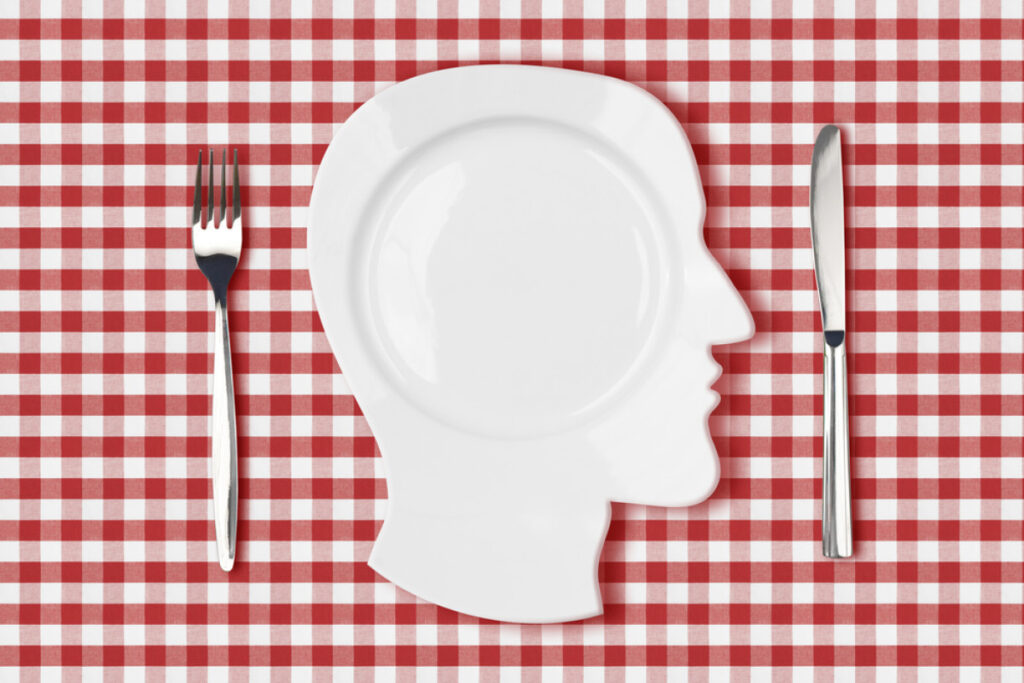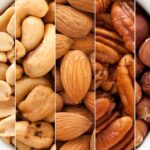
By Tiffany Davis, Contributing Writer
Often times when we think about being healthy and our personal wellness, we relate this back to our diet and exercise routines, or sometimes, lack thereof. We tend to forget that our intellectual wellness is also influenced by what we eat. According to the Centers for Disease Control and Prevention, when a child goes hungry there are negative impacts on his or her overall academic performances. A lack of adequate nutrition can essentially affect a person’s ability to focus when taking in new information. It can lead to feelings of restlessness, distraction and even headaches. These symptoms all impair a person’s ability to perform intellectually. The nutrients that we get from our food can affect all realms of our personal wellness.
Celery is often passed over because of its flavor, but it definitely makes up for it in terms of brain fuel. Celery is a rich course of luteolin which is tied to reducing inflammation within the brain and slowing down our brain’s aging process. It has been found to decrease cognitive decline in some studies and it can be easily added to many dishes like tuna or chicken salad and soups.

Dark chocolate has been tied to enhanced cognitive functioning, reduced risk of dementia and an improved performance in challenging brain teasers. When you eat a piece of chocolate, you absorb flavanols that build up in the area of your brain where both learning and memory take place. Research has shown that consuming dark chocolate can improve test performance and enhance your mood.

Oily fish, like salmon, is high in omega-3 fats and contains the active forms of EPA and DHA. When we take in healthy levels, our bodies appear to be better able to manage stress and get a boost of serotonin, the chemical in our brains that elevates mood. Researchers have tied high levels of omega-3 to Alzheimer’s disease prevention. Some other foods that are considered high in omega-3 fatty acids are wild rice, flaxseed, eggs and walnuts.
The egg is one of the most cost-effective nutritional foods. Eating eggs boosts a person’s brain power and researchers say that eating an egg a day lowers the risk of dementia and/or Alzheimer’s disease. People who eat an egg daily are also said to perform better on certain cognitive tests later in their lives than those who ate eggs on occasion.

Broccoli contains sulforaphane compounds that have been linked to stimulating the renewal and repair of a person’s nerve tissue in the brain. Research shows that eating broccoli can lower inflammation of the brain, lower oxidative stress and help to prevent neuronal death. It also contains vitamin K, which has been tied to building a person’s cognitive abilities. If this wasn’t enough to convince you to eat your broccoli, it may even contain properties that combat Alzheimer’s disease. Another “brain repairing” food is turmeric, which has been linked to regeneration and improvement in neurological disorders.

Next time you take a test, remember that some of the food items listed help to reduce stress levels, improve cognitive ability, and improve test performance. Instead of reaching for an unhealthy snack on your way to class, make sure you get up in plenty of time to eat a nutritious breakfast or at the very least grab one of the items from this small list.
Sources:
https://www.rd.com/health/healthy-eating/foods-that-will-make-you-smarter/
https://www.cdc.gov/mmwr/preview/mmwrhtml/00042446.htm
Pictures: google.com


Tiffany, good information for everyone! Thanks for sharing.
I love that you gave examples as to what foods can be beneficial to focusing and overall well-being. Very informative and relevant!